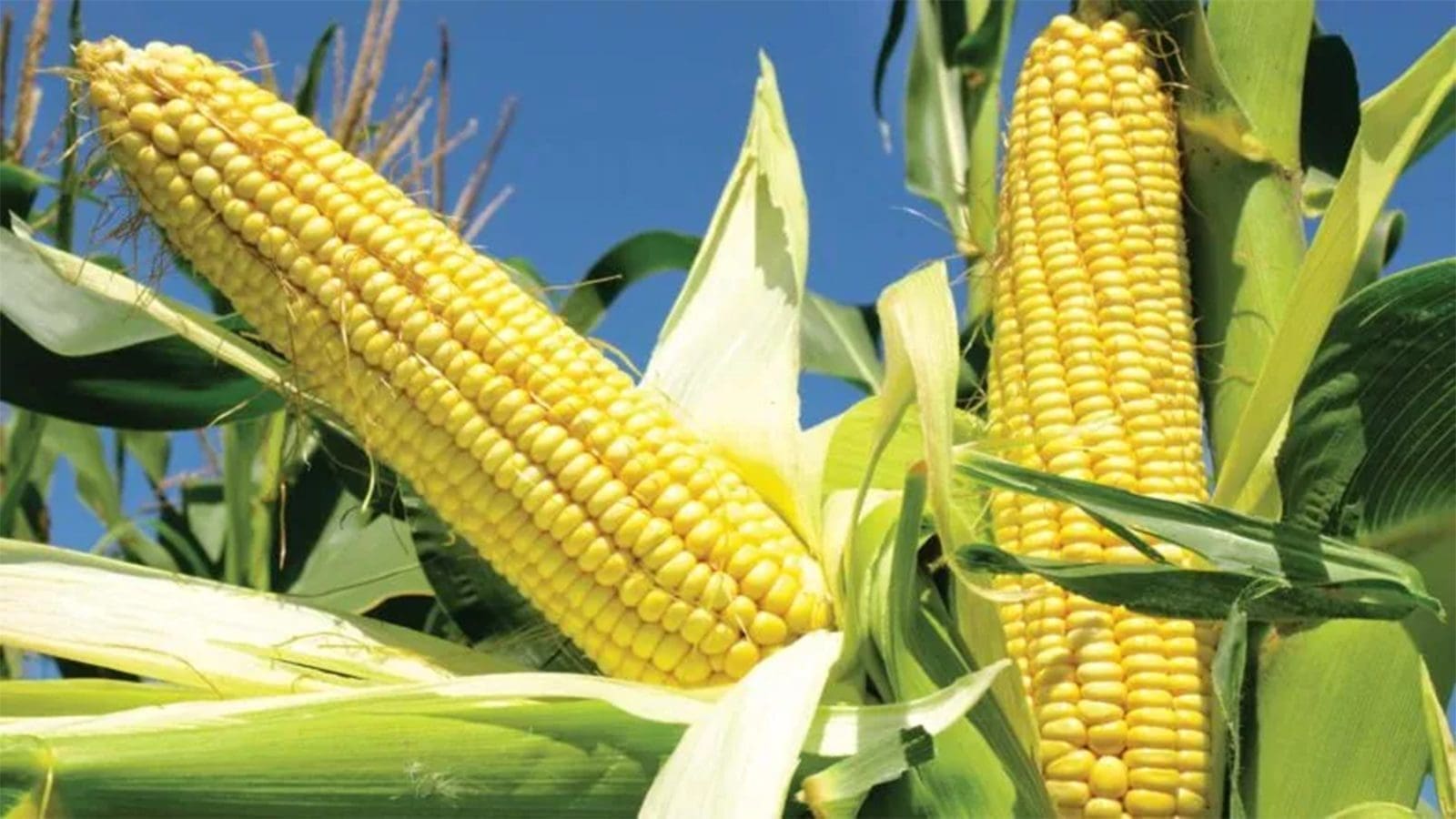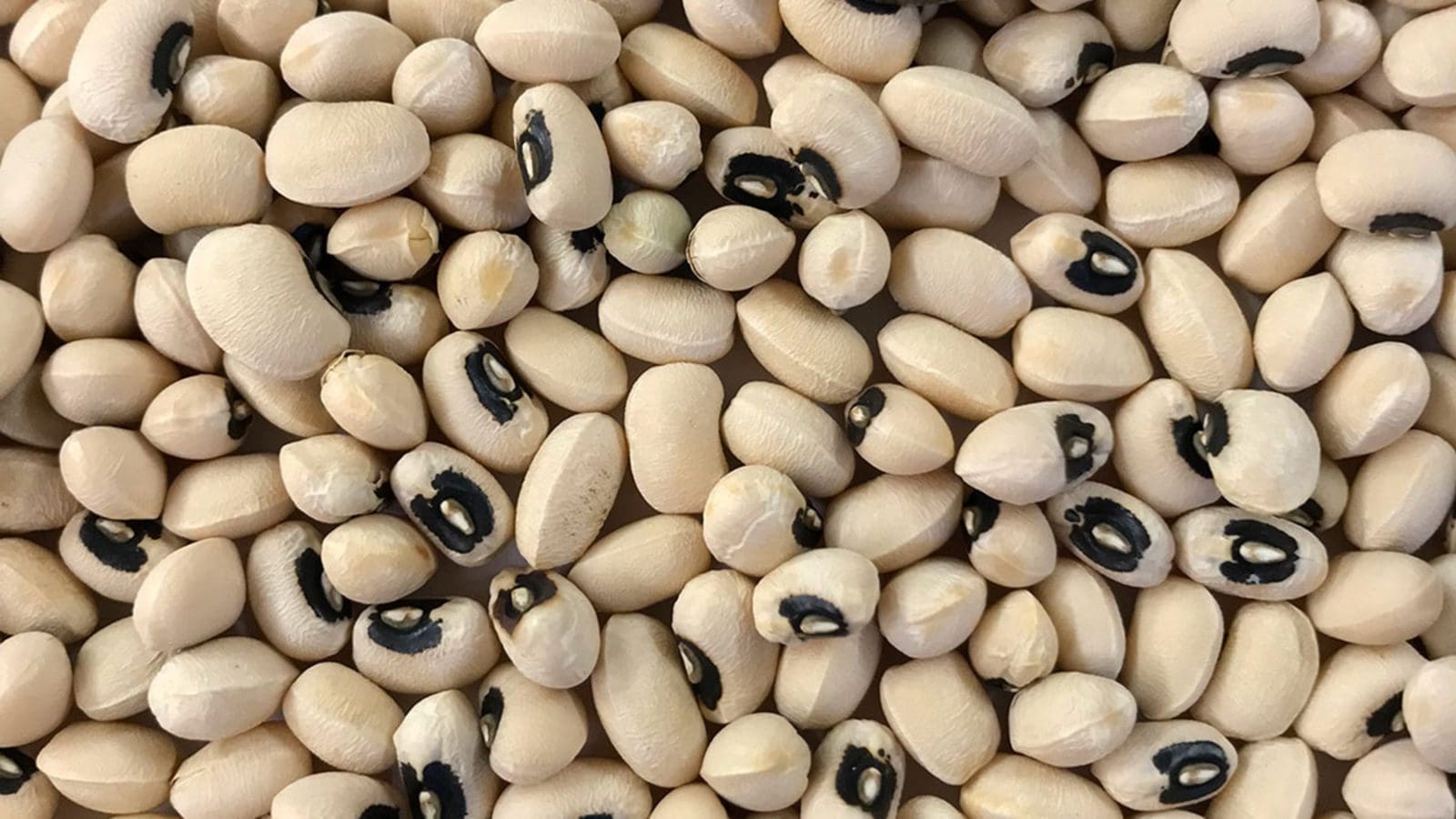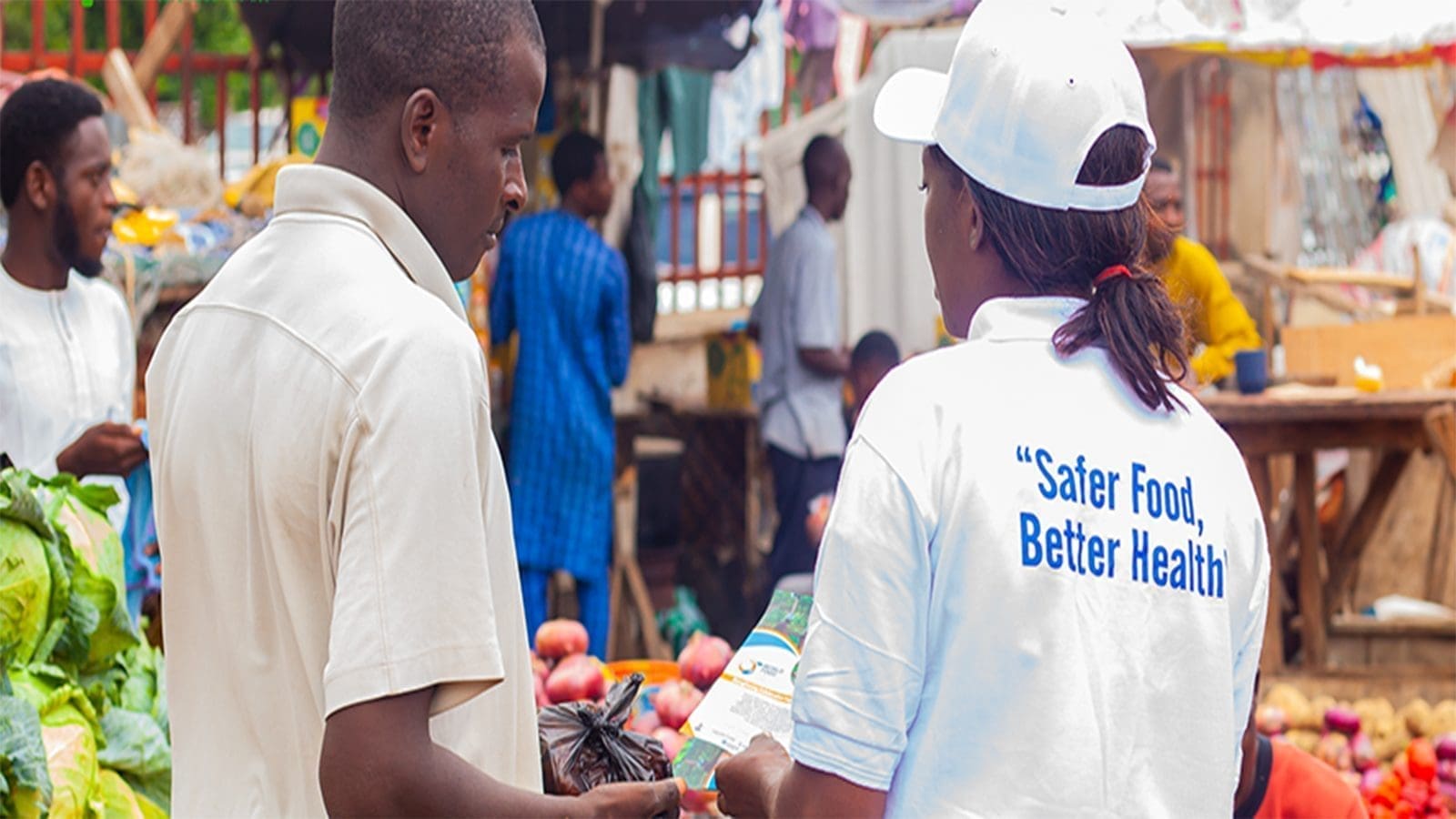KENYA – As farmers from the East African Community start exporting their produce from this season, Kenya has stepped up surveillance along its borders to guarantee the safety of maize.
“We have positioned our laboratories to do rapid tests. We have intensified our surveillance, testing and frequency and we can guarantee Kenyans that the maize that is coming into the country has met the threshold of the standards,” Bernard Njiraini, Managing Director, Kenya Bureau of Standards (KEBS)
Mr. Njiraini, who made the remarks in Eldoret during a fact-finding tour in the North Rift region said the grains have to meet the maximum permissible aflatoxin levels of 10 parts per billion (ppb) to be allowed to enter the Kenyan market.
He said that countries within the region had developed and harmonized their standards to protect consumers in the countries.
“We have an understanding with the countries that the product that is coming from them to our country, should be inspected, certified and issued with the certificate of conformity,” said Njiraini.
The influx of grains from the EAC states in the past two weeks has resulted in a drop in the prices in the Kenyan market by Ksh400 (US$ 3.52) to Ksh2800 (US$ 24.64) per 90-kilogramme bag.
At present, the maize is retailing at 2,800 for a 90-kilo bag with a similar bag of maize from Tanzania retailing between Tsh60, 000 (US$ 25.94) and Tsh65, 000 (US$ 28.10) whereas Ugandan maize is going for Ksh2650 (US$ 23.33).
On February 4, the state agency held deliberation with the Cereal Millers Association in a bid to promote the quality of the flour in the market.
Aflatoxin has been a major headache in the cereal sector. Last year, the agency recalled maize flour from the market for failure to meet the standards for human consumption.
Mr. Njiraini urged the counties to come up with mechanisms such as the modern dryers to ensure proper post-harvest handling of the grains.
“We have seen moisture content levels contributing to aflatoxin in maize. We want to advise counties to facilitate drying of maize to curb aflatoxin in the grains,” he added.
Virtual training program for millers
In line with this, Three companies, Germany’s DEG – Deutsche Investitions-und Entwicklungsgesellschaft mbH, Switzerland’s Bühler, and enterprise resource planning systems provider eProd Solutions Ltd. of Kenya, have agreed to launch a virtual training program for improved milling technology and supply chain management in agriculture.
The project will be implemented through develoPPP, a funding program for sustainable company initiatives of the German Federal Ministry for Economic Cooperation and Development (BMZ).
DEG, the private sector arm of the state-owned KFW group, is the financial partner and will contribute 50% of the total costs of the project, with the other 50% being privately contributed, the companies said.
Bühler and eProd partnered to initiate the training program and apply for support from DEG. A letter of support to DEG was provided by the Cereal Millers Association of Kenya, which will be one of the beneficiaries of the program and a contributor to content development.
The programs’ partners said the initial goal is for 250 millers from Sub-Saharan Africa to be trained in basic milling technology and supply chain management in the March pilot phase.
Liked this article? Subscribe to Food Safety Africa News, our regular email newsletters with the latest news insights from Africa and the World’s food safety, quality and compliance. SUBSCRIBE HERE








